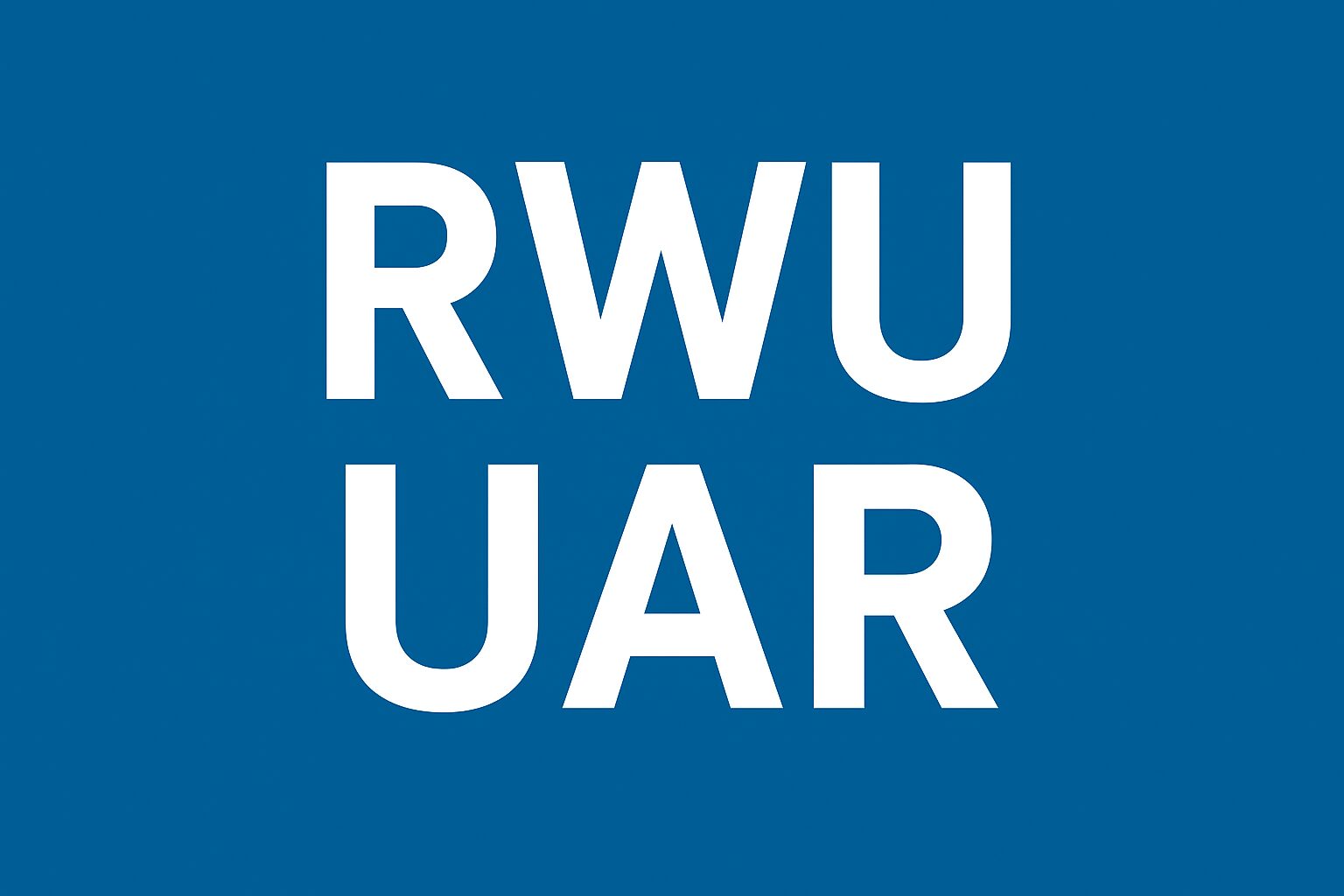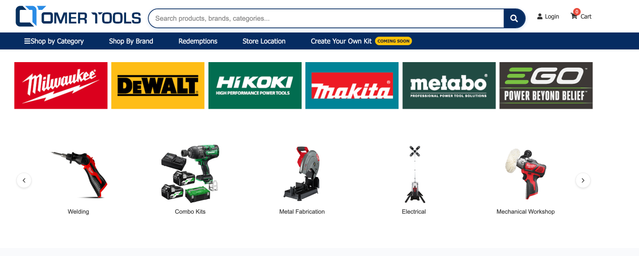What is RWU UAR? Everything You Need to Know
Last Updated on November 15, 2025 by Admin
Introduction to RWU UAR
RWU UAR is an adaptable, multi-dimensional concept that unites applied universities and university applied research (UAR) with business automation and core IT functions. In practical terms, RWU UAR can mean the applied research activities at institutions like Reutlingen University of Applied Sciences or Roger Williams University, a UK-oriented Unified Automation Resource business platform, or technical log terms such as Read/Write Unit (RWU) and User Access Request (UAR). Each interpretation shares one purpose: translating knowledge into tangible results.
The term’s multiplicity comes from cross-sector adoption. Academics use RWU to brand applied learning ecosystems; businesses use RWU UAR as a product or framework for automation; and IT professionals see it in backend logs as components like memory processing systems and identity authentication protocols. This diversity makes RWU UAR powerful because it connects education, research, business, and technology under a single, integrative banner.
Understanding RWU UAR equips students, educators, entrepreneurs, and developers with a shared language for collaboration. As digital transformation accelerates and Industry 4.0 takes hold, RWU UAR provides a playbook to scale applied research frameworks, build AI-driven CRM tools, and adopt secure enterprise security layers. It’s the framework that helps turn theoretical insight into market-ready solutions and meaningful student experiences.
RELATED: Kingxomiz: A Guide to a Digital Transformation Framework
RWU UAR in the Global Academic Landscape
Global universities are shifting from passive lecturing to hands-on, problem-centered learning. RWU UAR supports this evolution by embedding applied research directly into curricula. Institutions adopt experiential learning programs, create innovation labs, and collaborate with industry partners to align student outcomes with real-world skills — from sustainable engineering to digital health.
The Rise of Applied and Experiential Learning
Applied learning programs emphasize active project work, internships, and cross-disciplinary research that partners with the European Union (research collaborations) and local industry. This approach not only strengthens employability but also fosters research-driven learning where students contribute to live projects and help design solutions for local SMEs, startups, and public-sector challenges.
RWU UAR at Reutlingen University of Applied Sciences (Germany)
Reutlingen University of Applied Sciences traces its origins to practical craft and technical training, evolving into a contemporary applied science institution. Built on a legacy of industry collaboration, RWU blends engineering, design, and computing education with intense practical exposure. The university’s historic roots in vocational training make it naturally aligned with the UAR model.
RWU’s academic philosophy centers on practice-first learning, with degree programs that combine lab work, internships, and company projects. From AI labs to sustainability centers, RWU integrates applied science institutions’ strengths into course design, prioritizing student-led innovation and international academic partnerships.
RWU’s Role in Applied Sciences and Innovation
Reutlingen serves as a regional innovation hub, driving projects in sustainable technology research, smart manufacturing, and automotive systems. The university’s focus on research-driven learning helps local industries access talent and prototypes without building costly R&D departments.
RWU’s collaborations span automotive manufacturers, tech startups, and EU-funded consortia. Through the University Applied Research Network (UAR) and bilateral industry ties, RWU projects scale more effectively, ensuring research outcomes feed into commercial products and public-sector solutions.
University Applied Research (UAR) Explained
University Applied Research (UAR) moves beyond theoretical enquiry to practical problem-solving. UAR initiatives translate academic knowledge into tested, usable technologies, methods, and policies. This reframing prioritizes impact: rather than solely publishing, UAR aims to deploy solutions in healthcare, logistics, energy, and public services.
UAR acts as the connective tissue between academia and industry, enabling academic-industry partnerships for co-funded research, student internships, and pilot deployments. Through shared objectives and resources, universities and companies solve concrete problems — from optimizing supply chains with AI to scaling renewable energy prototypes.
Major Research Areas Under the UAR Framework
Common UAR focus areas include AI integration in education, smart manufacturing, sustainable technology research, and digital health. These disciplines are practice-oriented and often require cross-disciplinary teams that include engineers, designers, and social scientists.
In Germany and across the European Union, UAR programs fuel regional competitiveness by accelerating tech transfer, enhancing workforce skills, and attracting public and private funding. UAR-driven projects often result in commercial spinouts, policy briefs, and new training pipelines that benefit broader economies.
RWU UAR and Student Development
Students involved in RWU UAR programs spend significant time in innovation labs and applied research centers, using industry-standard tools and methodologies. This exposure builds technical proficiency and nurtures entrepreneurial thinking, enabling students to prototype, test, and iterate solutions alongside faculty and industry mentors.
Real-world placements are core to the model: students undertake internships with local SMEs or multinational companies, execute capstone projects, and participate in field simulations. These experiences make theoretical knowledge tangible and help students build portfolios that matter to employers.
Graduates from applied research programs enter the job market with demonstrable experience in cloud-based workflow systems, automation architecture, and project delivery. Employers value this readiness, which directly boosts job prospects, career mobility, and leadership potential.
RWU UAR in the American Context: Roger Williams University
Roger Williams University in Rhode Island integrates liberal arts and professional education with a strong focus on civic engagement and experiential learning. RWU’s model demonstrates how smaller institutions can adopt applied research practices to benefit students and communities.
Roger Williams University emphasizes social responsibility, interdisciplinary study, and student empowerment. These values align naturally with UAR objectives—preparing undergraduates not just to think critically but to act effectively in civic and professional contexts.
RWU’s community partnerships enable students to work on public health initiatives, community planning, and environmental projects. This hands-on mission fosters local impact and positions RWU as a valuable civic partner in regional development.
Undergraduate Academic Research (UAR) at RWU (USA)
At Roger Williams University, Undergraduate Academic Research programs provide faculty-mentored pathways for students to pursue independent projects, research internships, and capstone experiences. These programs scaffold research skills, ethics, and dissemination practices suited to undergraduates.
Faculty mentorship is central. Professors guide project conception, methodology, and scholarly communication. Students collaborate on peer-reviewed publications, present at conferences, and translate findings into actionable insights for stakeholders.
Students often publish or present their work regionally and nationally. Success stories include student-led environmental assessments, public-health evaluations, and digital humanities projects that demonstrate how undergraduate research contributes meaningfully to community knowledge and policy.
RWU UAR in Business and Automation (UK Market)
In business contexts, particularly within the UK start-up ecosystem, RWU can stand for “Ready When You Are,” and UAR for Unified Automation Resource. This positioning frames RWU UAR as a practical, always-on automation platform for small teams that need efficient, scalable operations.
The Unified Automation Resource offers a single dashboard for CRM, campaign automation, analytics, and customer workflows. It emphasizes simplicity, GDPR compliance, and UK-specific integrations—making it attractive to UK startups and SMEs seeking cost-effective automation.
Startups adopt RWU UAR for its low technical overhead and AI-powered business workflows that automate repetitive tasks like follow-ups, segmentation, and lead scoring. The platform’s scalability and affordability let smaller teams compete with larger firms by automating growth processes.
Core features include digital marketing automation, CRM integrations with platforms like HubSpot and Zoho, email campaigns, and analytics dashboards. Benefits include faster lead conversion, improved customer journeys, and measurable ROI for marketing spend.
How RWU UAR Transforms Business Workflows
RWU UAR integrates with major CRM platforms (HubSpot, Zoho, Pipedrive) to centralize customer data, orchestrate touchpoints, and personalize communication. This integration ensures a unified view of customers and more efficient sales cycles.
Automated email sequences and campaign optimization tools reduce manual workload and increase engagement. AI-driven rules can trigger personalized messages, automate re-engagement, and improve conversion rates with minimal human intervention.
Lead scoring and predictive analytics help businesses prioritize high-value prospects. RWU UAR’s dashboards surface insights that guide sales follow-up and marketing allocation, enabling smarter decisions and better resource use.
Compared to full-suite competitors like HubSpot, RWU UAR often aims for simplicity and local compliance features (e.g., GDPR regulations) that make it ideal for UK-focused businesses. It strikes a balance between functionality and affordability—perfect for startups that need core automation without enterprise complexity.
RWU UAR as a Technical Term (IT & System Logs)
In technical systems, a Read/Write Unit (RWU) manages data access, handling reads and writes to storage or memory. RWUs are essential in databases, embedded systems, and storage controllers where efficient data operations matter for performance and reliability.
A User Access Request (UAR) is the process that validates and grants permissions for users to access resources. UAR workflows include identity verification, checks against permission roles, and logging for auditability—elements vital to access permissions management and compliance.
Developers may see RWU and UAR terms in system access logs, backend infrastructure traces, or firmware diagnostics. These entries typically signal routine operations—data reads/writes and permission checks—rather than threats, and they are part of normal system monitoring protocols.
Yes—RWU UAR entries are usually safe. They indicate normal activity such as storage and database management or authentication checks. If anomalies occur (unexpected errors or failed UARs), administrators should investigate, but the terms themselves are not harmful.
The Broader Vision: RWU UAR as a Future Innovation Model
RWU UAR matters because it formalizes an ecosystem where education, research, and automation co-exist. It promotes technology integration in curricula, catalyzes digital transformation, and equips institutions to partner with industry on meaningful projects that scale.
This framework fosters cross-pollination: universities provide talent and experimental capacity, industries supply real challenges and funding, and automation platforms deliver scalable tools. Together they build a virtuous cycle of innovation and economic impact.
Applied research emphasizes impact: prototypes become products, student projects become startups, and pilot programs inform policy. This results-driven orientation ensures research investments deliver measurable returns in jobs, sustainability, and social value.
Global Future of RWU UAR
RWU UAR initiatives will increasingly focus on AI, robotics, clean tech, and digital health. These areas require deep applied expertise and rapid iteration—perfect for universities partnering with industry through UAR models.
Expect expanded European Union (research collaborations), transatlantic partnerships, and industry consortia that pool resources for large-scale applied projects. Global networks will increase mobility, funding, and shared infrastructure.
Automation will simplify administrative tasks while applied learning becomes more immersive: virtual labs, cloud-based workflow systems, and remote internships scale access to quality experiences across borders.
Benefits of RWU UAR for Students, Businesses & Developers
Academic Advantages
Students gain real-world competencies, publication opportunities, and practical portfolios. Institutions attract funding and talent, and German applied science universities and liberal arts colleges alike can modernize curricula with applied research frameworks.
Professional and Career Impact
Graduates are job-ready, familiar with automation dashboards, and comfortable working in interdisciplinary teams. Employers gain hires who reduce onboarding time and increase innovation throughput.
Business Efficiency Gains
Startups and SMEs achieve faster growth with automation, better lead conversion, and measurable marketing ROI. The RWU UAR platform approach reduces complexity and technical debt for small teams.
Technical Reliability and Streamlined Systems
For developers and IT teams, standardized UAR and RWU practices improve security and observability. Clear system access logs, robust identity authentication protocols, and optimized memory processing systems support resilient infrastructure.
Summary
RWU UAR is not a single technology or program but a versatile model linking applied universities, research networks, business automation platforms, and IT practices. It amplifies impact by focusing on applied relevance, partnership, and automation.
By aligning academic training with industry demands and embedding automation into workflows, RWU UAR prepares societies for rapid innovation. It’s a pragmatic blueprint for turning research into real-world change—fast, accountable, and scalable.
RELATED: What is Jyokyo? All You Need to Know
Frequently Asked Questions (FAQs)
What does RWU UAR mean?
RWU UAR can refer to academic programs at institutions like Reutlingen University of Applied Sciences and Roger Williams University, a UK Unified Automation Resource platform, or technical terms such as Read/Write Unit and User Access Request. The context determines meaning.
Is RWU UAR a university program or tech tool?
It can be both. In education, RWU UAR denotes applied research frameworks. In business, it’s an automation platform. In IT, it’s a technical pairing of read/write and access request operations.
Is RWU UAR safe in system logs?
Yes. RWU and UAR entries typically indicate normal backend processes—data operations and permission checks. Investigate only if you see repeated failures or anomaly patterns.
How does RWU UAR help students?
It provides hands-on research experience, internships, and industry partnerships that increase employability and help students build portfolios and publication records.
How does RWU UAR support business automation?
RWU UAR platforms centralize CRM, email automation, analytics, and lead scoring. They support GDPR compliance, reduce repetitive work, and let SMEs scale with minimal technical overhead.






